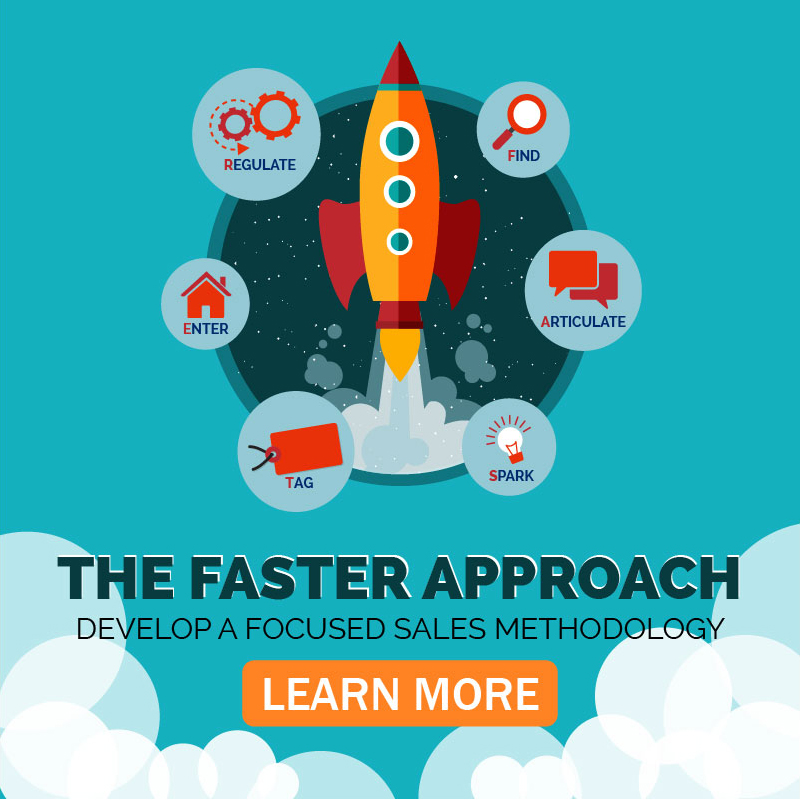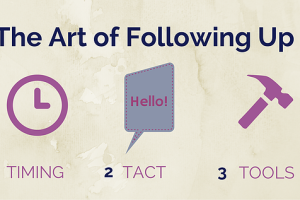I assume that most salespeople have heard a word or two about Neuro-Linguistic Programming (NLP). However before you make an ass out of us both by assuming that this is another article glorifying NLP as a panacea for all your life (and sales) problems, let me tell you it is not.
As one who consider himself a realist; preferring scientifically backed up theories over assertions and claims – it should be stated that NLP is still not completely proven by science. Some techniques have indeed proved useful in the work of many therapists; but, we cannot decidedly claim that it was the technique itself that worked, and not the charismatic personality of the person using it. And, as any salesperson knows, people skilled at convincing others can make any technique work.
What NLP illustrates is the power of our imagination, i.e. our body feels as real whatever our mind imagines to be real. We can go far in improving our lives if we make proper use of our fancy. Anyone can profit from incorporating NLP in their life –business executives, salespeople, public speakers, people with any kind of fear to overcome, goal to achieve, habit to break — so it would be a shame not to make use of it. There are many good NLP techniques out there, but I will share one that has helped me in my career and personal life, namely to get myself in the right state of mind to generate sales.
The Many Realities of NLP
According to NLP, people act on their perception of reality, rather than the actual reality. What we see is not the reality itself but our version of it. Our perception is filtered by our beliefs, values and experiences.
This means that we can choose another reality if we like it – we do not have to be constrained by our past experiences. Just because we had poor social skills when we were younger, it doesn’t mean that we have to be ‘that guy’ our entire life. We can change our reality. And that is exactly what makes many people uncomfortable about NLP. They feel that by discarding their reality, they would lose their identity. What they fail to realize is that they can develop another, more desirable identity for themselves. NLP offers a new freedom to create our personality any way we want it.
NLP is based on modeling and reproducing desirable patterns of behavior of others in a way that feels natural for us. For example, back in college I did not feel too comfortable about speaking in public. On the other hand, my classmate Dan excelled at giving presentations. I noticed some things about his manners. When giving a presentation, he would lower his voice, which made his seem more convincing. I tried this technique too and it worked – my grades were higher and I received good feedback from a couple of classmates. Now it does not matter if lowering one’s voice actually makes them seem more convincing. In my case, what mattered was how lowering my voice made me feel while I was speaking in that tone – I felt a little bit like my colleague Dan who was ‘good at giving presentations’, which gave me an additional boost of confidence to do well at my presentation.
Being George Clooney
A friend once told me that he would always freeze in front of a girl he liked. He would either completely clam up or start ranting random gibberish. All in all, he was pretty unsuccessful in attracting the girls he liked.
He was also fascinated with George Clooney; he would often comment how he loved the way Clooney behaved around women. So one day, we came up with a way for him to overcome his block – he would just be Clooney around girls from now on! He studied his manners, his way around ladies, body language, smile and the color of his voice. The next time he was in the company of a girl he liked, he would simply switch to his Clooney mode.
Being in his Clooney mode, he told me once, made him feel like he was not exposing himself to the mercy of a girl. None of it was real — he was just playing a role! Knowing this relaxed him and gave him a sense of detachment. And once the tension was out of the picture, he felt more confident. Once he felt more confident, he could slowly go back to being the same, old him — with a tinge of Clooney.
Pretending to be someone you are not might sound fake to you — but who is to say that my friend is NOT a little bit like Clooney? Does he really have to be limited by his past experiences with women all his life? Does he always have to be ‘that guys who freezes in front of girls he likes’? If you do not like something about yourself, just change it. In any case, we are all a mixture of influences coming from people that surround us and whom we admire. We are emulating others all the time – NLP just makes this action more conscious and deliberate.
And at the end of the day, my friend is still my friend but with some updates.
Sales Takeaway
Think of a person you admire for their communication skills. It can be a celebrity, a colleague, or an old family friend with mesmerizing talking skills. Observe them carefully, and find what it is that you admire about their performance – is it their voice, smile, gestures or something else? Then, imitate these details, internalize them and use them in your sales conversation next time. Just knowing that you are imitating the behavior of someone you admire will have a powerful impact on your self-confidence and your performance.









Speak Your Mind